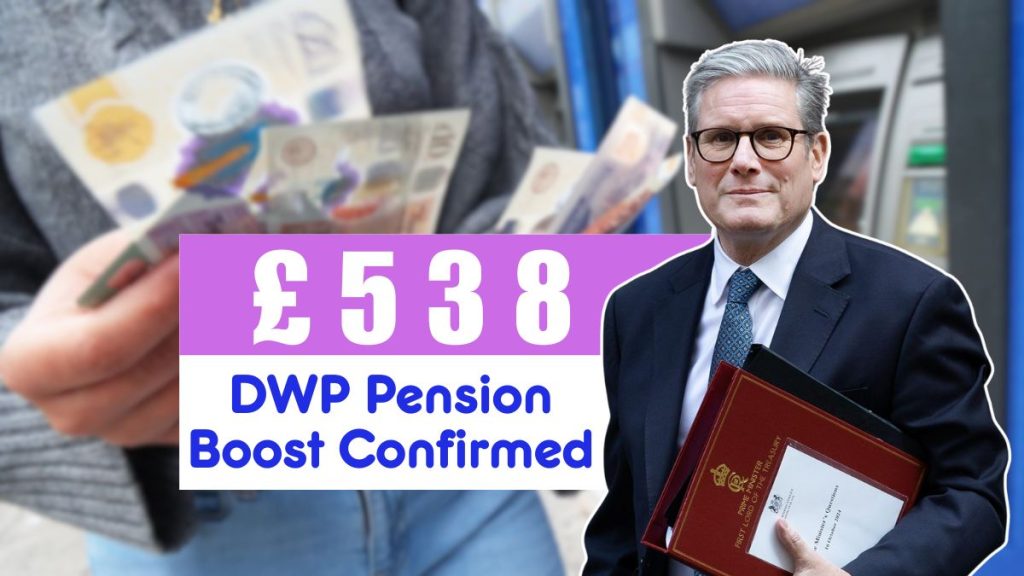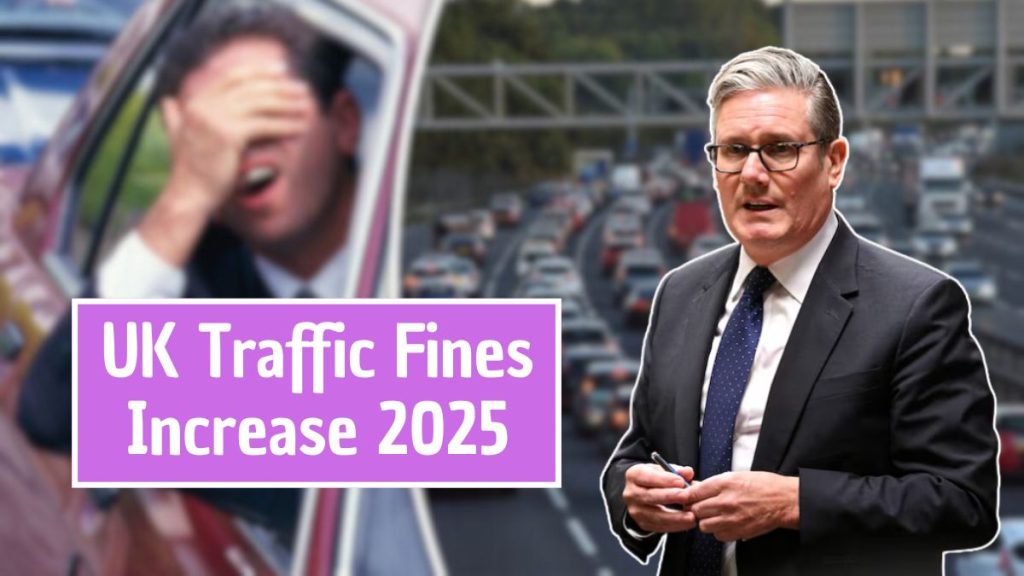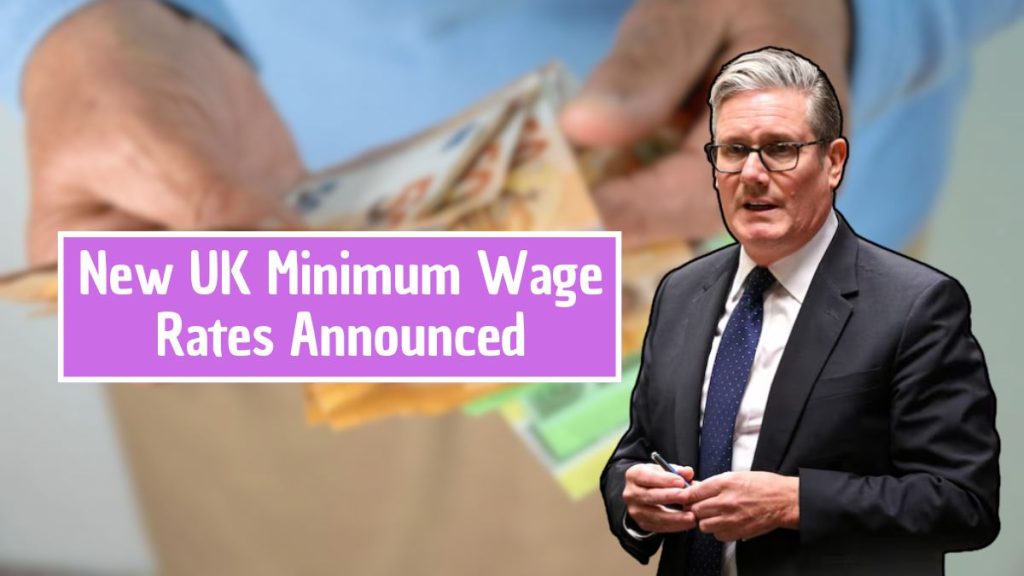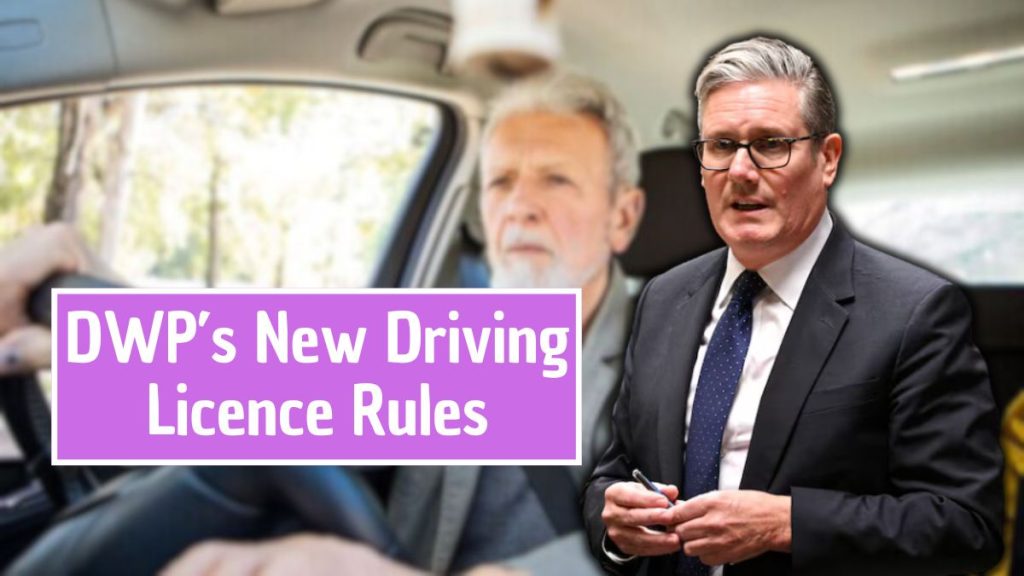Millions of pensioners across the United Kingdom are set to receive a welcome financial uplift in 2025, with the Department for Work and Pensions (DWP) confirming a £538 annual increase to the State Pension. The rise comes as part of the government’s triple lock guarantee, aimed at protecting retirees from the impact of rising inflation and cost-of-living pressures.
However, not every pensioner will qualify for the full amount — and understanding the rules, eligibility conditions, and payment process is key to ensuring that retirees receive the full benefit they’re entitled to.
Why the DWP Is Increasing State Pensions in 2025
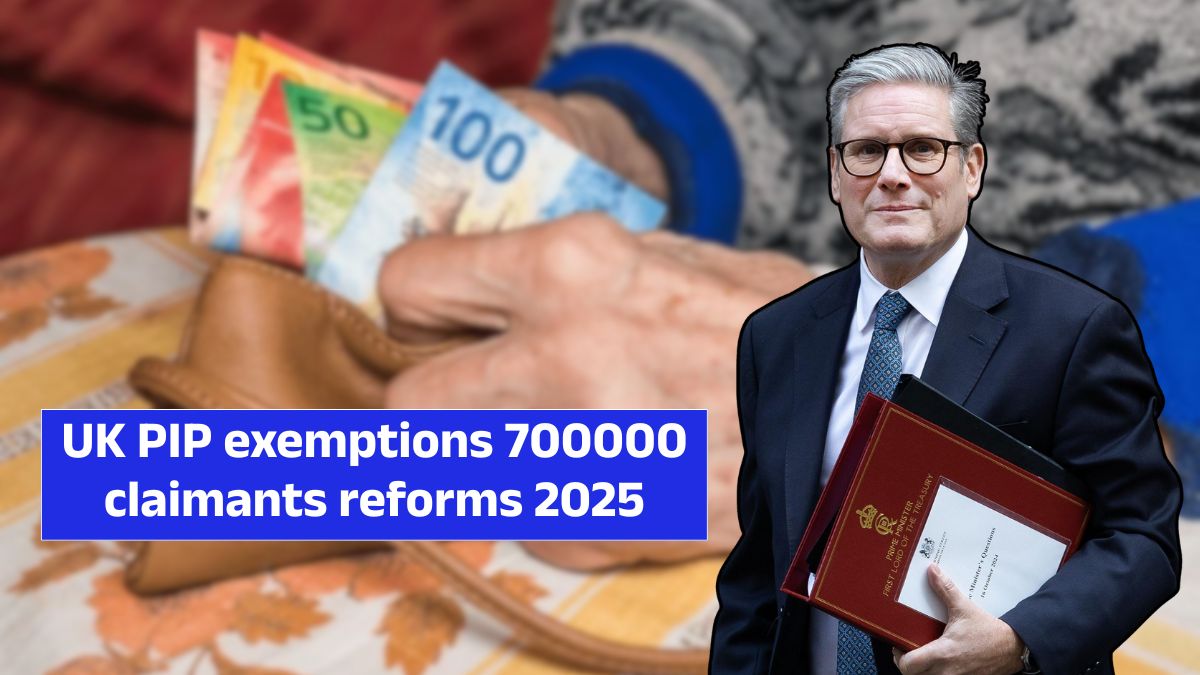
The £538 pension boost forms part of the UK government’s continued commitment to help pensioners cope with escalating costs. The increase was calculated under the triple lock system, which guarantees that the State Pension rises each year by whichever is highest — inflation, average wage growth, or 2.5%.
In 2025, strong wage growth and persistent inflationary pressures have driven the figure upward, resulting in one of the most substantial pension increases in recent years.
This uplift is especially vital at a time when pensioners face:
- Rising energy bills and household costs.
- Increasing food and healthcare expenses.
- Higher council taxes and general inflation affecting everyday spending.
What the £538 Boost Means for Pensioners
The DWP confirmed that the £538 annual rise represents the average increase for recipients of the full new State Pension. Those receiving the basic State Pension (under the pre-2016 system) will also see a rise, though their exact amount will depend on their National Insurance contribution record.
For a typical pensioner, this means an extra £10.35 per week, or around £44.80 more per month. While this may not eliminate financial stress entirely, it does provide crucial breathing space for those struggling to balance essential expenses such as groceries, heating, and medical bills.
Who Qualifies for the £538 Pension Increase?
Eligibility for the pension increase depends primarily on the type of State Pension you receive and your National Insurance contribution record.
To qualify for the full new State Pension, you must have at least 35 qualifying years of National Insurance contributions. Those with fewer than 35 years will receive a proportionate increase based on their contribution history.
Key eligibility highlights:
- Full New State Pension (post-2016 retirees): Eligible for the full £538 increase.
- Basic State Pension (pre-2016 retirees): Will see a smaller, proportionate rise.
- Automatic update: Pensioners do not need to apply for the increase — it will be added automatically.
- National Insurance record: Pensioners should ensure their record is accurate and complete to receive the maximum amount.
The DWP also confirmed that the increase applies equally to pensioners living abroad in countries where annual uprating is permitted (such as the EU and certain Commonwealth nations).
How the Pension Increase Will Work in 2025
The new pension rates will come into effect from April 2025, with the increase reflected automatically in regular four-weekly payments. Pensioners receiving the State Pension through direct deposit will see the updated amount appear in their bank statements from that month.
Importantly, this increase will not affect entitlement to other benefits such as:
- Pension Credit
- Housing Benefit
- Attendance Allowance
However, as the new income figures could slightly alter thresholds for means-tested benefits, pensioners are advised to check their entitlements with Age UK, Citizens Advice, or via the official gov.uk portal to ensure they continue to receive full support.
Why This Boost Matters for UK Pensioners
The £538 pension boost comes at a critical time for millions of retirees who have faced relentless price increases in essential goods and services. According to consumer watchdogs, average pensioners are spending up to 30% more on energy and food than before the pandemic, leaving many reliant solely on their State Pension income.
This increase provides a modest but meaningful improvement in financial stability, especially for:
- Pensioners on fixed incomes with little or no savings.
- Retirees paying rising rent or council tax.
- Households struggling with winter heating costs.
It also reinforces the government’s commitment to the triple lock, which some critics had feared might be weakened in light of budget pressures. For now, pensioners can feel reassured that this key protection remains in place.
How Pensioners Can Maximize Their 2025 Entitlement
Even though the £538 increase will be automatic, pensioners can take several proactive steps to ensure they are not missing out on further financial support:
1. Check Your National Insurance Record
You can verify your NI contributions through the gov.uk website. If there are gaps, you may be able to pay voluntary Class 3 contributions to increase your pension entitlement.
2. Apply for Pension Credit
Thousands of eligible pensioners still do not claim Pension Credit, which not only tops up weekly income but also grants access to:
- Free TV licences (for over-75s)
- Council tax reductions
- NHS cost assistance and cold weather payments
3. Stay Updated on DWP Announcements
Rules around pensions and benefits can change yearly. Regularly checking official DWP updates ensures that pensioners stay informed about new support options, adjustments, or deadlines.
4. Use Online Calculators
Websites such as Age UK and MoneyHelper offer State Pension calculators that help retirees understand how future increases will impact their income.
The Triple Lock Policy Explained
The triple lock mechanism, first introduced in 2010, ensures that State Pension payments keep pace with the cost of living. Each year, the increase is determined by whichever is highest of:
- Average earnings growth
- Inflation (CPI)
- 2.5% minimum guarantee
In 2025, a surge in average wage growth helped drive the largest increase since 2023, making the £538 rise possible. The DWP has emphasized that maintaining the triple lock remains vital to “protect the dignity and financial independence of pensioners.”
What Pensioners Should Expect Next
Pensioners can expect official DWP communication about the new rates in early March 2025, detailing their updated payment schedule. The new rate will apply automatically from April 2025, and no reapplication process is required.
Those nearing retirement age are encouraged to check their State Pension forecast, as this update could influence long-term planning and retirement budgeting.
With the increase confirmed, pensioners can look forward to a steady rise in income — and reassurance that their State Pension continues to serve as a reliable foundation in retirement.
FAQs on the £538 Pension Boost 2025
1. When will the £538 pension increase take effect?
The increase will take effect from April 2025, and payments will automatically adjust for all eligible pensioners.
2. Do I need to apply to receive the new rate?
No, the update will be applied automatically by the DWP, provided your National Insurance record is accurate.
3. Who qualifies for the full £538 increase?
Pensioners with at least 35 qualifying years of National Insurance contributions will receive the full increase. Those with fewer years will get a proportionate rise.
4. Will the rise affect my other benefits?
No, it won’t affect eligibility for Pension Credit, Housing Benefit, or Attendance Allowance, though income thresholds may slightly adjust.
5. What can I do if I have gaps in my NI record?
You can check your record and pay voluntary contributions to fill missing years. Doing so may help you qualify for a higher pension.










